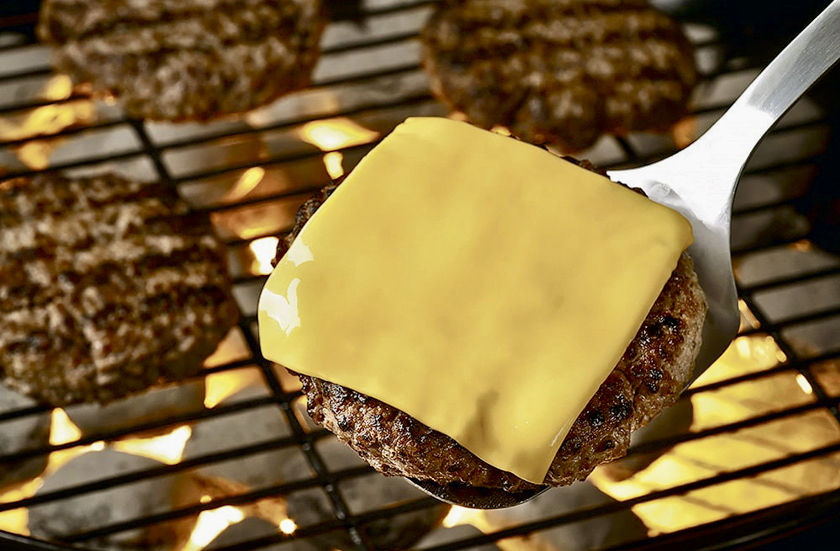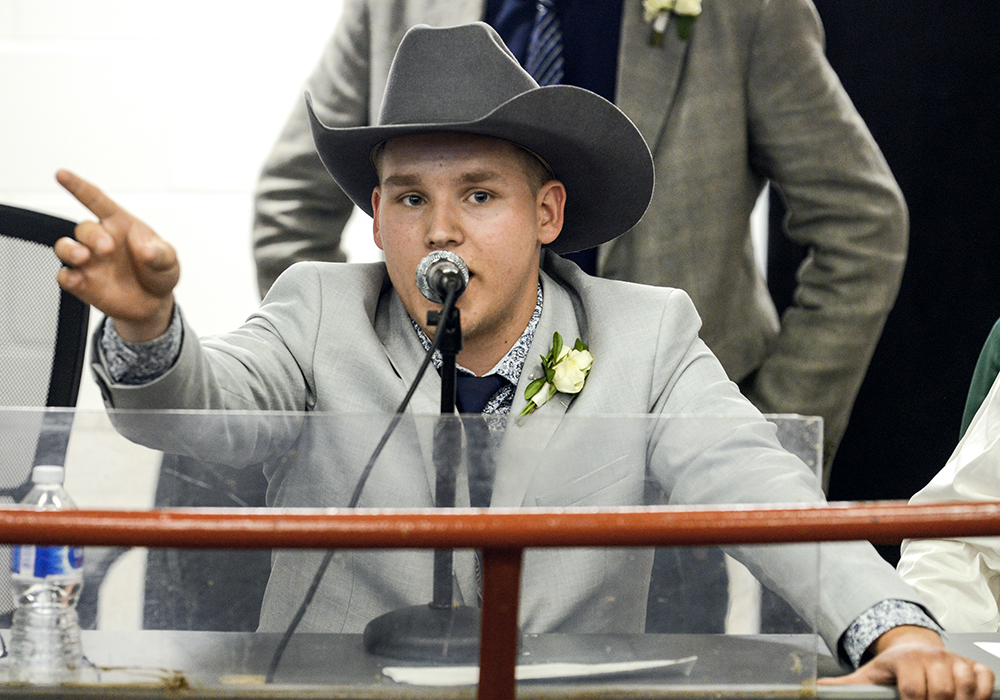Canada-U.K. free trade talks remain comatose

Glacier FarmMedia – One year ago, British Prime Minister Rishi Sunak published an open letter to farmers in his country. Released May 16, 2023, it focused on agricultural trade and British government priorities for future free trade deals.
Read Also

Editorial: A bright future
After a stretch of wet weather and being tied to my home office, it was great to go for a…
Why it matters: Trade talks between the United Kingdom and Canada fell apart earlier this year.
Sunak listed six principles that he said will protect and assist British farmers. Principle No. 4 was a direct shot at free trade with Canada:
“Protecting U.K. food standards. Without exception, we will continue to protect food standards in the U.K. under all existing and future free trade agreements,” Sunak wrote. “There will be no chlorine-washed chicken and no hormone-treated beef on the U.K. market. Not now, not ever.”
Those words — “not now, not ever” — are clear. They partially explain why Canada-U.K. free trade negotiations fell apart this winter, when the British government suspended discussions and said progress had stalled.
The two countries were trying to negotiate a revised U.K.-Canada free trade agreement to replace a temporary deal based on principles of the Comprehensive Economic and Trade Agreement. Britain’s participation in CETA and other European trade deals ended because of Brexit.
Canada-U.K. negotiations hit a roadblock in January due to disagreements over the ingredients in a cheeseburger — beef and cheese. Britain has since called a federal election for July, which puts free trade negotiations off the table.
“The U.K. prime minister announced the suspension of the talks in an electoral period … so it’s hard to believe they would change their mind on anything at this stage (before an election),” said Michael Harvey, executive director of the Canadian Agri-Food Trade Alliance.
British cheesemakers lost tariff-free access to the Canadian market at the end of 2023. As of Jan. 1, Canada imposed a 245 per cent tariff on U.K. cheese because the three-year interim free trade agreement between Canada and Britain had expired.
British negotiators are frustrated with Canada’s stance on cheese. Cattle producers and meat processors in Canada are angry about Sunak’s words on hormone-treated beef and Britain’s refusal to recognize livestock production and food safety standards in Canada.
“Canadian meat is currently severely disadvantaged in the interim agreement with the U.K. as technical, non-tariff trade barriers have resulted in Canada being unable to access the U.K. market,” the Canadian Cattle Association said last year.
“(Meanwhile), the U.K. enjoys unfettered access into the Canadian (beef) market.”
The federal government and Ralph Goodale, Canada’s ambassador to Britain, have sided with cattle producers.
In an opinion piece published in the Western Producer, Goodale said the U.K.’s ban on Canadian beef has “no scientific justification whatsoever.”
“It’s an entirely arbitrary non-tariff trade barrier that violates the rules of both the CPTPP (Comprehensive and Progressive Agreement for Trans-Pacific Partnership) and the World Trade Organization,” Goodale wrote.
Given the hardened positions over beef and cheese, trade talks are somewhere between comatose and dead.
“It is highly unlikely that negotiations will resume before one or both countries have federal elections,” CAFTA said in April in a trade update published on its website.
Even after the federal election in Britain, it seems improbable that a new U.K. government will change its mind on beef imports from Canada and cattle raised with growth promotants. The Labour Party is favoured to win the election and it has a history of protectionist policies.
“It is not clear that a new U.K. Labour government will be as welcoming towards free trade as the … Conservative government under Prime Minister Rishi Sunak,” wrote David Collins, a professor of international economic law at City, University of London and a senior fellow at the Macdonald-Laurier Institute.
“Indeed, (Labour) may be even more likely to erect barriers to trade in the form of senseless bans on products in the guise of health or protecting the environment.”
– Robert Arnason is a reporter for the Western Producer.
Source: Farmtario.com

